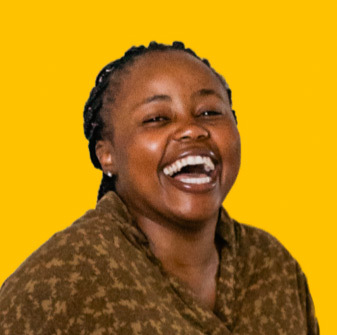Open enrollment is here, and everything you need to know to determine your eligibility and get signed up for health insurance will be discussed at The LGBT Health Resource Center’s next Lunch & Learn workshop.
The workshop will take place on Thursday, November 14 from 12 p.m. to 1:30 p.m. in the community rooms at Chase Brexton’s Mt. Vernon Center, 1111 N. Charles St. in Baltimore. (Click here to find out how to RSVP!)
The session will be presented by Chase Brexton Health Care social work case managers Alyson Mullie and Robin Mayfield, along with eligibility specialist Ronday Wilson. We asked the trio to share a bit of the information they’ll share with attendees.
What are the most common barriers or misconceptions your clients have about obtaining insurance coverage?
Ronday: There can be a lot of barriers to obtaining health insurance—it can be confusing, right? A lack of health literacy and understanding about insurance is probably the most common barrier we see. There are lots of terms such as deductible, co-pay, premium, co-insurance, HMO, and the list goes on. Often there is an assumption that it’s too expensive, and that can be a barrier. But with help, we can find tax credits to help reduce the cost for you. Another issue we see a lot is navigating a language barrier, but again, we’ve got you covered with access to the language line that has translators in just about every language you can imagine. We can work with you to complete an application.
What difficulties do LGBT elders face when trying to take advantage of their health benefits?
Robin: Some LGBT elders may find their insurance plans will not cover partners unless they are legally married. Elders may also have trouble finding culturally competent providers who are able to assess their healthcare needs without conveying judgement or bias. For elders who have avoided medical care because of bias, their needs may be complex and require multiple visits or referrals.
For transgender elders, insurance coverage is often inadequate. Gender affirming surgeries may not be fully covered or the requirements for insurance approval may not be well communicated. Elders may also need to purchase post-op supplies on their own and hormones may be denied or require a yearly prior authorization. Be sure to ask for help making sure that all the medications you take are covered by the plan you’re thinking of enrolling in to avoid some of these concerns.
What strategies do you use to help make navigating health benefits feel less overwhelming?
Alyson: Education, education, education. We’re here to help and want to make sure that patients understand what all the confusing terms of health insurance mean and that you understand what you’re signing up for. Our goal is to make sure there are no surprises for you after you enroll in a health plan.
I take notes, I listen to what patients are saying and write down what they’re telling me to make sure that we address their concerns. This is the time to ask all your questions to make sure that you understand everything fully; taking notes allows me to make sure that I answer every question you ask to help you feel less overwhelmed by this process.
How can a prospective client obtain an evaluation session, and what information do they need to bring?
Alyson: If you’re a patient with Chase Brexton, call and ask to speak with a case manager or eligibility specialist at (410) 837-2050 TODAY. Or come to any one of our five centers every Wednesday from now until open enrollment ends and meet with a social worker for a health insurance evaluation and/or enrollment. Don’t wait, open enrollment ends December 15!
If you’re not a Chase Brexton patient, there is still plenty of help you can access when applying for health insurance. If you live in Baltimore, Baltimore City, Anne Arundel, Howard, Carroll or Frederick counties, a navigator from Health Care Access Maryland can help you enroll. To schedule an appointment, call (410) 649-0521. Information about navigator assistance in all other Maryland counties can be found online at www.MarylandHealthConnection.com.
As for what to bring, we need the following to complete an enrollment: Proof of income for everyone in the household, Proof of Identity (Photo ID, passport, etc.), birth certificate or permanent resident card, Social Security numbers, dates of birth for everyone in the household, and proof of immigration status.
For more how current Chase Brexton patients can enroll in health insurance, including hours for appointments and walk-in service and what you’ll need to bring, visit www.chasebrexton.org/Medicaid


